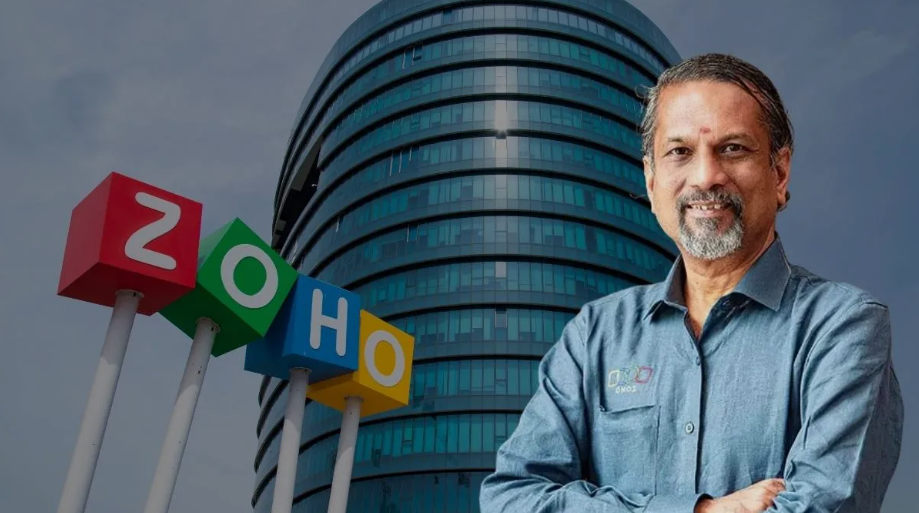An Indian-built messaging platform, Arattai, has been generating significant buzz lately, with its daily signup rate reportedly soaring by a factor of 100 in just three days — positioning it as a possible challenger to WhatsApp in India. The app was created by Sridhar Vembu, the same visionary who spearheaded Zoho Corporation.
From Academia to Telecom Engineer
Vembu hails from Thanjavur, Tamil Nadu, and was born in 1968 into a modest family. His academic path began with a B.Tech in Electrical Engineering from IIT Madras (completed in 1989). He then pursued doctoral studies at Princeton University, earning his PhD in 1994.
After completing his PhD, Vembu joined Qualcomm as a systems design engineer, working on wireless systems. But rather than remaining in the US or relocating to major Indian IT hubs, he made an unconventional choice — returning to rural Tamil Nadu, specifically a village in Tenkasi, to base much of his operations.
The Birth of Zoho
In 1996, Vembu co-founded AdventNet, with the vision to build globally competitive software products from India. Over time, AdventNet evolved into Zoho Corporation, which by 2016 had grown to employ over 3,000 people and offered over 50 cloud-based solutions used in more than 180 countries.
Notably, Zoho has refused to take external funding, choosing to grow organically through reinvested profits. This bootstrapped model has given the company independence from outside shareholders, enabling it to prioritize long-term goals over short-term returns.
Vembu also founded Zoho University (now Zoho Schools of Learning) — a nontraditional training program aimed at empowering students from underprivileged backgrounds with coding and software development skills. Many alumni of this program now work at Zoho, contributing to products used globally.
Today, Zoho serves over 100 million users and maintains operations and talent pools in less conventional locations, not just big cities.
Why Arattai?
Launched in 2021, Arattai (a Tamil word meaning “casual chat”) was conceived to strengthen India’s digital self-reliance by offering a homegrown alternative to global messaging giants. The app supports features like group chatting, voice and video calls, stories, and broadcast channels, while emphasising privacy-first design — asserting that users’ data won’t be monetized.
With its recent explosive user growth, Arattai is being viewed not merely as a product but as a statement of technological sovereignty — combining Vembu’s long-term vision with India’s rising insistence on domestic solutions in the tech space.
Reference is taken from here


